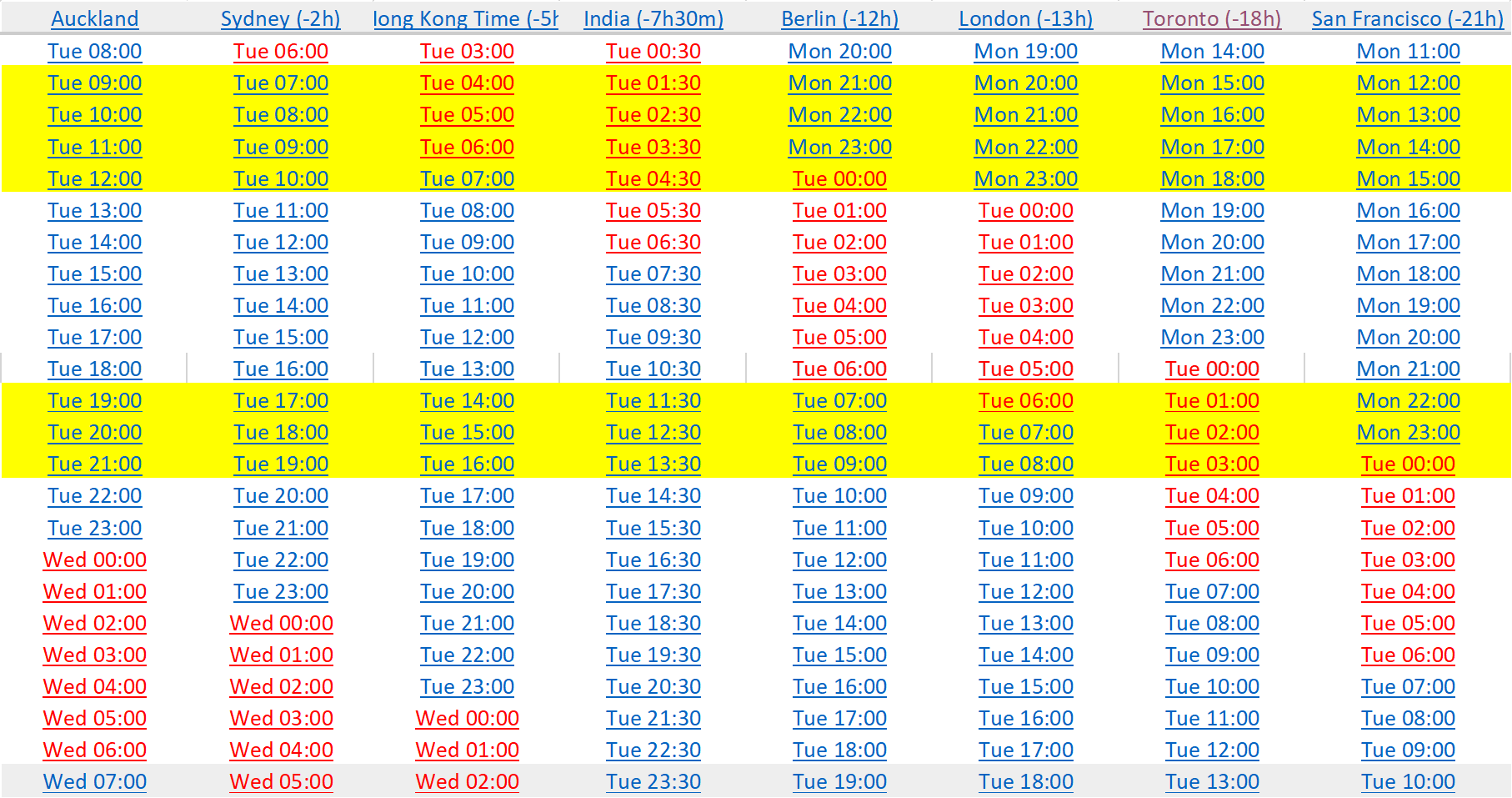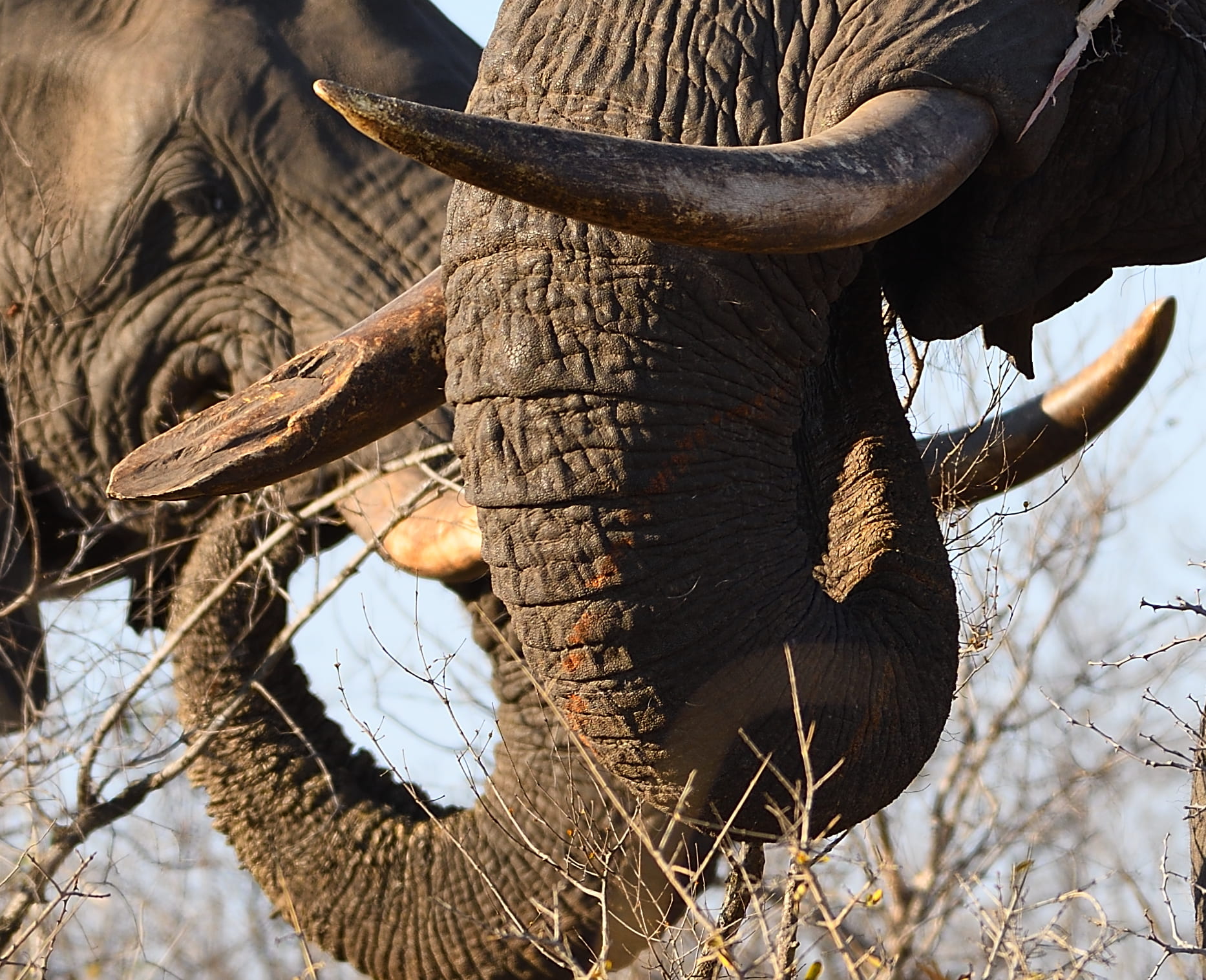How necessary is academic travel?
There is a growing realisation, especially with our experience with virtual meetings during the covid-19 pandemic, that virtual video meetings are a practical alternative to travelling to meetings.Virtual meetings can be more equitable. People who find it difficult to travel for affordability, health, personal or work reasons can attend. Video calls provide opportunities to communicate

